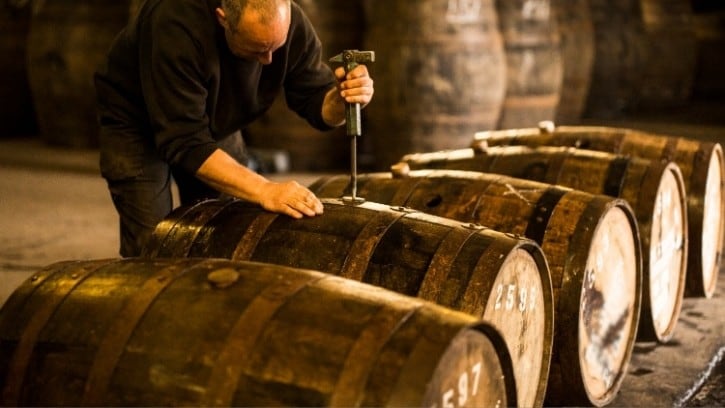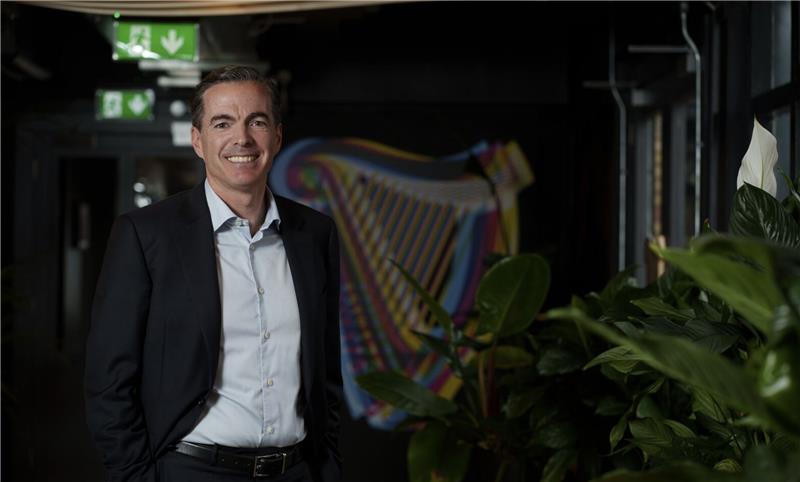Whisky cask investment has grown rapidly over the last few years, attracting investors with promises of high returns in a sector known for its heritage and exclusivity. However, as demand has surged, so too has fraudulent activity. And both businesses and investors must be aware.
An ongoing City of London Police investigation into Cask Whisky Ltd (and others) follows concerns about potential investment fraud with regards to the company’s trade in whisky casks. Furthermore, there have been recent reports raising questions about Hackstons, a whisky investment firm co-founded by an individual previously linked to Bordeaux Fine Wines (BFW) – a scheme that resulted in the loss of millions of pounds for investors.
There is no suggestion that Hackstons will operate in the same way, but its co-founder’s past highlights how unregulated whisky cask investment remains vulnerable to bad actors entering the market.
Regulatory issues
The lack of regulation in cask trading has opened the door to this widespread deception. For decades, the whisky sector has operated on trust and tradition, but this model is now failing.
Unlike regulated financial products, whisky casks are sold through a fragmented system with no centralised oversight. This has created glaring loopholes that fraudulent sellers are exploiting, marketing casks as low-risk, high-return investments with little scrutiny of ownership records or pricing accuracy.
Scandals have surfaced time and time again, from Cavendish and Hamilton Spirit in the 1970s to Vintage Whisky more recently, where inflated promises of 30% annual returns have left investors nursing heavy losses. Now, with cases of multiple owners being sold the same cask, non-existent casks being sold and aggressive marketing of guaranteed returns, the whisky investment industry is at risk of a credibility crisis.
If we dig a bit deeper into how this crisis is forming, a lack of verifiable ownership is at the heart of the issue. Unlike traditional investment assets, whisky casks are not subject to centralised tracking or end-to-end regulation. Buyers can often receive nothing more than a paper certificate, with no independent verification from bonded warehouses or distilleries.
Collective responsibility
However, the responsibility to fix this issue does not rest solely with regulators. Regulatory changes take time, and with fraud potentially widespread, further delays will leave investors vulnerable and risk irreparable damage to market confidence. The immediate burden falls on reputable businesses in the whisky industry – distilleries, bonded warehouses and brokers – who must take charge in setting higher standards before trust in whisky cask investment is permanently undermined.
At the most basic level, this means verifiable ownership registration at the bonded warehouse, clearer contractual protections and tighter industry-wide vetting of brokers. A lot of businesses are already working to increase transparency, but there are too many benefiting from the current lack of oversight and regulation, allowing fraudsters to operate unchecked for, in some cases, many years.
Meanwhile, investors cannot afford to take these deals at face value. The simplest way to protect themselves is through verification - ensuring the cask is registered directly in their name at the warehouse and that the broker is a recognised reputable firm. Any company offering fixed high returns should raise an immediate red flag, as the appreciation of the value in whisky does not follow a predictable trajectory and is something that requires expertise, experience and patience.
Investors must also watch out for hidden costs – warehousing fees, duty payments and bottling expenses – which many fraudsters conveniently fail to disclose.
Maintaining trust
Whisky remains one of Scotland’s most valuable exports with a reputation built over centuries. However, without decisive action from the industry, investment scams will erode trust, destabilise the market and leave investors with assets that are less than expected value or may not even exist.
The reality is clear – without greater transparency and accountability, confidence in whisky as an investment will collapse. Formal regulation may be slow to materialise but the responsible players in the industry are already working to safeguard its reputation. It is the irresponsible parties that investors and the industry need to be aware of and unite to shut them down.
For investors, they must exercise caution or risk being left with nothing more than an expensive piece of paper.




